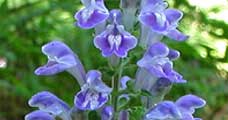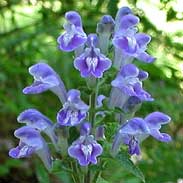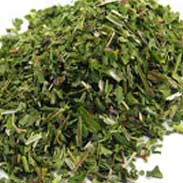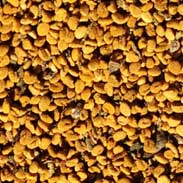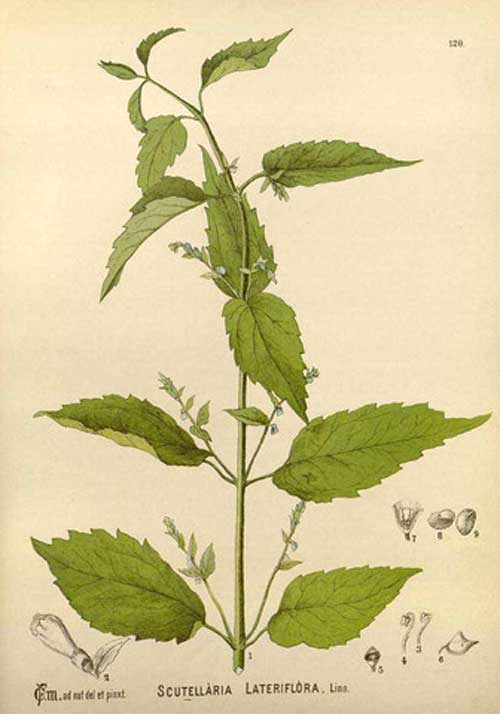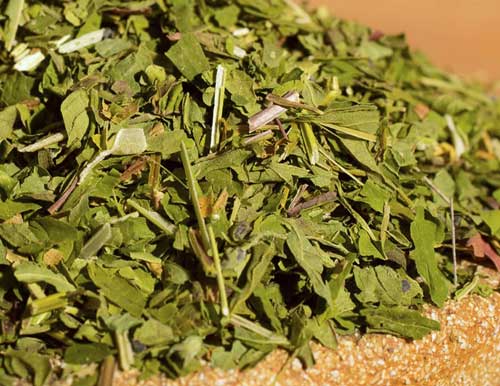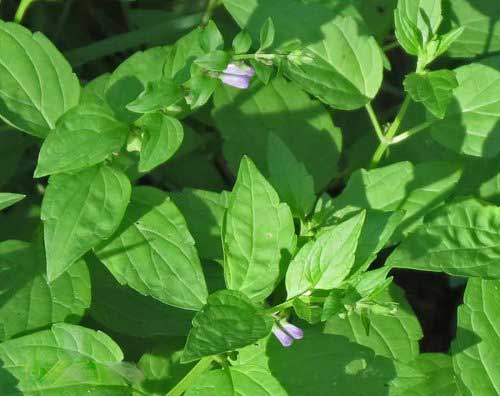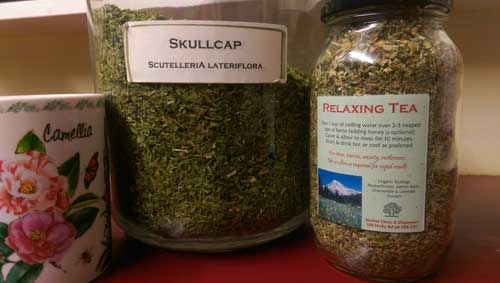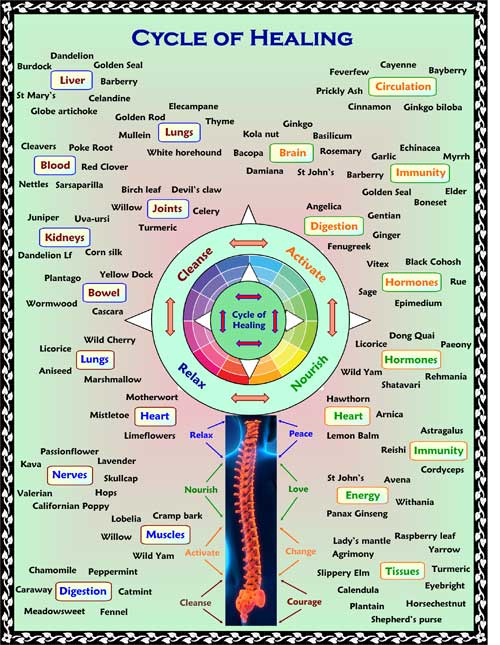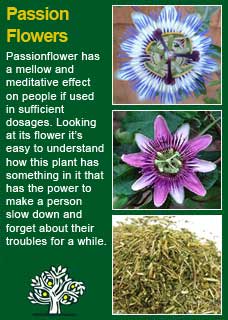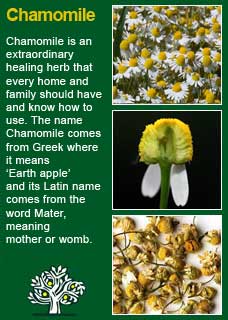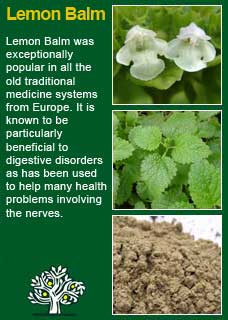
|
|
||||||||||||||
| Our Pages ABOUT CONSTITUTIONAL MEDICINE
|
Skullcap is a hardy, long lived herb that loves wetlands and grows up to 80cm in height. Skullcap is a flowering plant from the mint family, its name refers to the shape of the flower from the Latin ‘scutella’ meaning small dish. Some evocative old names for Skullcap were ‘Mad-dog Skullcap from when it was used as a remedy for the bite of a mad dog (from rabies) or Madweed from the practice of using Skullcap for extreme mental disorders.
A typical excerpt from an old herbal says “Skullcap is one of the finest nervines and antispasmodics given to humanity. It should be on every physician’s shelf” (a nervine is a herb that works on the nervous system and an antispasmodic is a remedy that relieves cramp and relaxes the body) Skullcap was very popular with the general public in the time before pharmaceutical tranquilizers. In the early 20th century when sedative drugs came on to the market the medical establishment went to lengths to discredit Skullcap by using its rather exaggerated claim to be able to cure the madness of rabies as the rope to hang it by -- thus it fell from favour. In fact, it was folk-lore that exaggerated Skullcap into being a cure for rabies. In 1772 a Dr Vandesveer conducted a series of experiments that did show it to have significant sedative and antispasmodic actions in the treatment of rabies which then led to its popular use for this dreadful condition. 'Helping' is by no means the same as curing H Felter writes 'Scutellaria is calmative to the nervous and muscular systems. By controlling nervous irritability and muscular incoordination it gives rest and permits sleep. It may be exhibited to advantage during acute and chronic illness to maintain nervous balance, control muscular twitching and tremors, and is sometimes effectual in subsultus tendinum (involuntary twitching) during grave prostrating fevers. For restlessness following prolonged sickness; and in functional heart disorders of a purely nervous character, with intermittent pulse. When insomnia is due to worry, or nervous irritability or even exhaustion, relief may be expected from it' WH Cook writes 'in the horrid sleeplessness that arises under the effort to abstain from the habitual use of opium, it is one of the most prompt and reliable agents of the whole Materia Medica. By toning and also soothing the nervous structures, it secures that steadiness of action which is followed by quiet sleep; and it induces no shade of narcotism, neither leaves behind any excitement, sensitiveness, nor languor' (Cook recommended doses of 1 fluid drachm of the tincture as needed, i.e. 3.7mls or 1 tsp) The British Herbal Pharmacopoeia (BHP) describes Skullcap's actions as anticonvulsive & sedative and says it is indicated for epilepsy & nervous tension states. The BHP suggests a dose of 1-2 gms or by infusion and suggests a tincture in the ratio of 1:5 in 45% ethanol with a dose of 1-2 mls. D Hoffmann writes 'Skullcap is perhaps the most relevant nervine available in the Western materia medica. It effectively soothes nervous tension while renewing and revivifying the central nervous system. It has a long history of traditional use for the control and treatment of petit mal seizures. Skullcap may be used to treat any condition associated with exhaustion or depressed states, and can be used with complete safety to ease premenstrual tension' M. Grieves writes of Skullcap 'for hysteria, convulsions, hydrophobia and epilepsy its action is invaluable. In nervous headaches, neuralgia and in headache arising from the incessant coughing and pain it offers one of the best and most reliable remedies' King's Dispensatory writes 'Skullcap is tonic, nervine, and antispasmodic. it has proved especially useful in chorea, convulsions, tremors, intermittent fever, neuralgia, and many nervous affections. In delirium tremens, an infusion drank freely will soon produce a calm sleep. Where teething has impaired the health of children, an infusion maybe given with advantage. In all cases of nervous excitability, restlessness, or wakefulness, attending or following acute or chronic diseases, from physical or mental overwork, or from other causes, it may be drunk freely with every expectation of beneficial results. The warm infusion has a tendency to keep the skin moist; the cold has a tonic influence, and either may be drunk freely. When its soothing effects have ceased, it does not leave an excitable, irritable condition of the system, as is the case with some other nervines. That it influences the cerebro spinal centers, controlling nervous irritation there can be no doubt and this fact is well illustrated by its control over functional cardiac disorders, due to purely nervous causes exhibiting intermittency of pulse'
~ In latter years more than 295 compounds have been isolated in Skullcap, including some highly active flavonoids and diterpenes. Studies show that Skullcap and its active principles possess wide pharmacological actions, such as antitumor, anti-angiogenesis, hepatoprotective, antioxidant, anticonvulsant, antibacterial and antiviral activities. ~ A small double-blind, placebo controlled study with Skullcap showed it had a significant anxiety-reducing action on the 19 volunteers who took it (Wolfson, P. and D. L. Hoffmann. (2002).Alternative Therapies in Health and Medicine 9(2), 74-78) ~ Another interesting study that was rigorously done with double-blinding and placebo control showed that Skullcap significantly improved mood without reducing mental alertness or ability to concentrate (Brock C, Whitehouse J, Tewfik I, Towell T (2014). "Scutellaria lateriflora: a randomised, double-blind placebo-controlled crossover study of its effects on mood in healthy volunteers." Phytother Res: 692–8) Test-tube studies have shown that Skullcap has a relaxant effect on uterine tissue and a survey of 60 patients with pulmonary disease (mainly pneumonia) compared Skullcap compound with a placebo and found it to be an effective treatment for over 70% of the patients who received the herb. ~ The authors, titles and the 'where-and-when' published of a few further studies and articles on Skullcap are listed in a PDF found here
For some years now, against this proven and safe way of herbalism, there has been a rising tide of excessive caution and scare-mongering in many parts of the world. The same authorities that, not so long ago, decried herbal medicines as ineffectual, have now taken up a different adversarial position; that they are dangerous substances that should only be prescribed by Doctors, who of course have zero training in them. Unfortunately, the same unnecessary fear and worry has crept into many natural health websites and popular publications on herbs. Herbs that we have safely used for thousands of years, that have no reports of adverse reactions in the medical literature despite widespread use by millions of people, are suddenly described as contraindicated because of something that should have been seen as completely unimportant, or at the utmost a merely theoretical concern, such as a laboratory study on one of the herb's constituents to use an all too common example. I wonder sometimes if the writers of such articles feel that the herb will be more deserving of respect if it is thought to be a little bit dangerous, in other words more like a drug than something that has simply come out of the earth and been used by ordinary people for generations beyond count. There is just so much misinformation about herbal medicine on the internet now. Ludicrous claims and cautions abound in equal measure; it seems like one group are trying to make money out of the public whilst the other are busily trying to scare them off. I have to believe that the kind of reader who takes the time to read pages on herbs that are as extensive as this one is much less likely to be swayed by marketers or misinformers. I hope that you will keep your wits about you if you get conflicting opinions from people who have never really got to know these herbs, who have never worked with them, or learned how to use them safely and effectively. I want to remind you that the reason that herbs can never be patented and owned by any individual or corporation is because they are, and always will be, the People's medicine. They belong to all of us and it is my great hope in sharing this work that you will learn how to use them wisely for yourself, and the people you care for. Be safe, but do not be afraid.
I have repeatedly seen that if Skullcap is used wisely then it is profoundly relaxing and I have found that it is especially helpful for anxiety associated with a restless mind. If you who are reading this are studying herbal medicine or perhaps have your own reasons to want to know this great plant ally at a much deeper level then I warmly encourage you to obtain some good Skullcap tea or tincture and then, with an open and attentive mind, take a dose of it and observe how it makes you feel. I have done this with people who are quite unused to herbal medicine as a way to gently introduce them to how potent, and pleasant, they can be. You can observe in a matter of a few minutes how a person who has taken Skullcap looks happier and palpably more relaxed. Once you have learned for yourself, or seen in others, how great a relaxant remedy we have with Skullcap then you will be better ready to use it than what any amount of academic study could prepare you for. Further to this, if you would like to learn more about the ancient art of pulse testing, a simple but powerful way to ask the intuitive intelligence of the body for its responses to a herb by feeling the pulse whilst giving a tiny dose by mouth, read here I have given Skullcap to thousands of people over the years I have been in practice and it is one of the herbs that I have learned to deeply trust for a reliable calming action on an agitated mind. Skullcap forms one of the key ingredients in a formula I use for anxiety (more information about that here) and it is the best remedy I know for people who just can't slow down their thoughts! Don't think that Skullcap is some kind of drug-like tranquiliser though. Its effects are much more subtle and accumulative. It is unwise to use any substance, natural or pharmaceutical, to bludgeon the mind into quietness because there will be hell to pay for it later! Skullcap is certainly suited to long term use and will not create dependency or lethargy in the user. Over a period of about a week you can visibly see the reduced agitation in a person taking Skullcap. It is one of our best allies in the modern world when we are beset by stress and stimulation whilst our minds and bodies crave some inner peace. I find that Skullcap tincture is excellent and that around 1-2mls in a dose is enough for most people to noticeably feel its effects and that taking this amount 2 or even 3 times in a day is ideal to help create a lasting shift in tension levels. One thing you should know though and that is that it can be hard to get good quality Skullcap, so you should take care to get it from a trusted source. Skullcap works particularly well as a tea and aside from getting it from a trusted supplier the best way to know if your Skullcap is good quality is by the colour of the leaves which should be a vibrant deep green. As Skullcap ages the leaves lose their colour and the plant loses its potency. I have a recipe for a relaxing tea with Skullcap below that gives an effective dose of this great herb in dried form.
The above amounts make 100gms of herb, enough for at least several weeks of daily use. They are given to show the proportions so of course you can make more or less according to your preference. The dosage to have a pronounced effect is about 2-3 heaped tsps. to one large cup of boiling water. Cover the cup or whatever you are using for a good 10 minutes, then strain and drink. Adding some honey may be welcome. The taste of this tea is very acceptable and I have had great feedback over the years of using it from many hundreds of people who say how much it helps them to unwind, relax and sleep better. Skullcap combines perfectly with Passionflower for tension and anxiety, with Chamomile for digestive upsets and with Lemon Balm for moody or depressed spirits.
Much of the information here about the traditional uses of Skullcap is consistent with the model of thinking whereby one may treat problem A with plant B. There is value in this approach, especially in how it helps us pass on useful knowledge to one another, but it falls short in one vital area; and that is that people are not all cut from the same cloth! Something that works brilliantly for one person may do less for another. Why is this? Part of the reason is that people vary in their constitutions as to whether they are either hotter or cooler and, at the same time, either dryer or damper. This useful and rather fascinating subject is introduced further here It has been observed a number of times that a person from one of the hotter constitutions is a lot more likely to quickly and strongly feel the relaxing effects of Skullcap,-even to the point it being quite sedative, whereas cooler constitutions can enjoy Skullcap and benefit from its longer term effects just as much, but are more likely to feel it as a tonic, restorative remedy. Another big part of using the right herb when it is most needed comes from understanding the need to treat what is going wrong for the person that had led up to their getting a health condition. In this light, Skullcap can particularly offer its benefits when a relaxing action is needed in the 'cycle of healing', more about this here
Please understand that I cannot advise you, including on products or dosage, without seeing you in person in my clinic but for ideas
on how you might find a good herbalist in your area read here |
|
|
© 2011 R.J.Whelan Ltd
